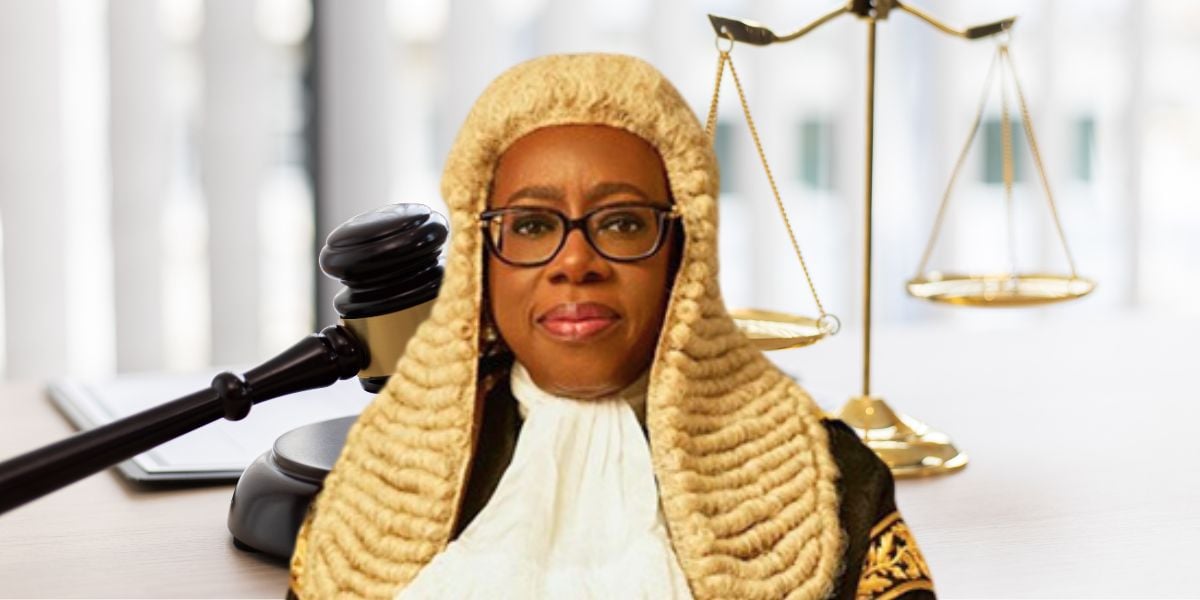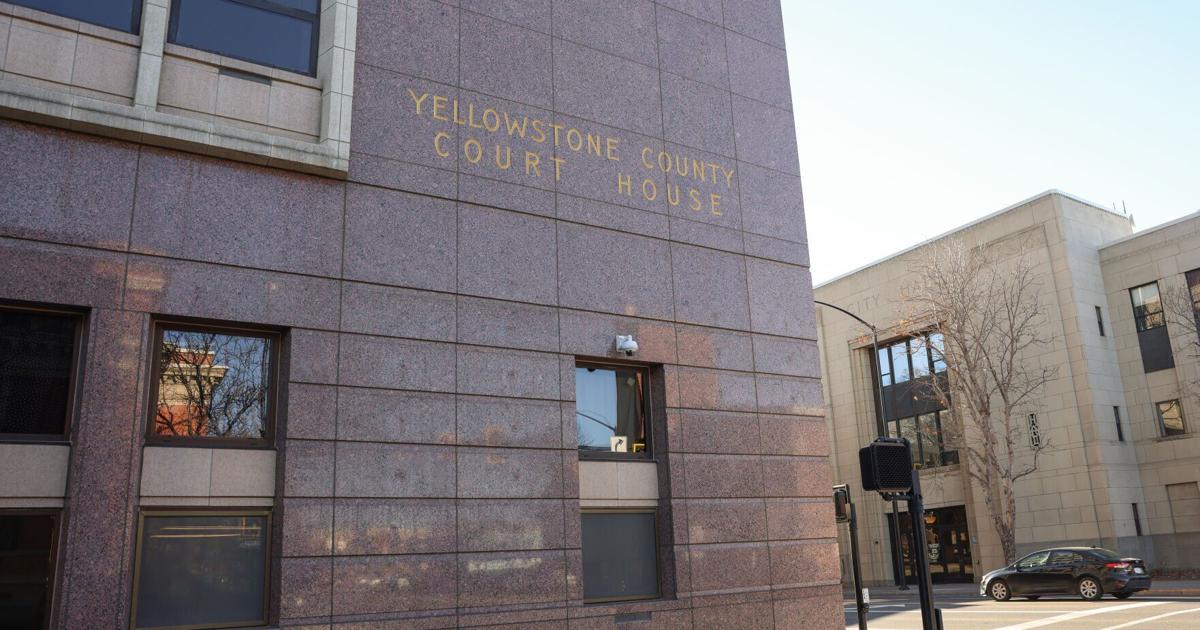Copyright leadership

Late one night and roughly a decade before he became Chief Justice of Nigeria, the late Idris Kutigi was told that the Head of State, General Sani Abacha, was in his home for a visit. Surprised, Kutigi apparently said Abacha must have missed his way and was in the wrong house. He refused to go downstairs and see the head of state. Abacha had to leave. It sounds incredulous, right? From the generation of Supreme Court justices who served in the last decade of military rule, a good number of them were known to have had similar attitudes towards the dictators. They deliberately kept a distance and maintained low profiles. Operating under martial law, and without a constitution, the justices had little tools at their disposal to intervene between the state and its citizens. There were also reasons Nigeria’s military rulers wanted to stay close to justices of the court, it was the dictators only source of legitimacy and semblance of a modern state. Now it is politicians, whose influences are just corrosive, that the justices have to flee from. The Supreme Court is on the verge of giving a verdict on the legality of President Tinubu’s declaration of a state of emergency in Rivers State on March 18, 2025 and the subsequent suspension of Governor Siminalayi Fubara from office. The court reserved judgement in the case brought by governors of the opposition People’s Democratic Party, challenging the power of the president to suspend elected officials including the governor and the members of the state assembly in Rivers. In their place, Tinubu appointed a sole administrator. The president effectively suspended the constitution of the Federal Republic of Nigeria in Rivers State. President Tinubu and the ruling All Progressives Congress have already reaped political capital that has, in more ways than one, reshaped the next election in Rivers State, states around it and also given the ruling party a leg up ahead of the 2027 presidential election. Three months before the President Tinubu suspended Governor Fubara from office, a similar action had taken place half way across the world through the hands President Yoon Suk Yeol of South Korea. The outcomes of both actions were however entirely different. The Nigerian president’s actions were directed at a state governor, a state assembly and not the National Assembly. That may explain why the members of Nigeria’s House of Representatives and senators, through their counsel, Charles Yoila in the Supreme Court, have defended the president’s powers declare a State of Emergency in any state. They don’t think that those powers extend to the National Assembly. Yet, the justifications for the emergency rule in Rivers and the Martial law in South Korea sound similar. Addressing South Koreans on December 3, 2025; Yoon whose political party was in minority in parliament said the democratic system had become dysfunctional and the opposition’s actions “paralyzed state affairs and turned the National Assembly into a den of criminals.” He had the military surround the parliament. Instantly, South Koreans trooped to streets. Members of both the oppositions and the president’s own party gathered to impeach him before the Martial Law was withdrawn, some six hours after it was declared. He was still impeached from office four months later with the Constitutional Court voting unanimously to uphold the impeachment. Under the 1999 Constitution, some of the same justices that felt hamstrung in the Abacha days weren’t so restricted in delivering one judgement after another that challenged the powers of the President of the Federal Republic of Nigeria. A case in point would be the turf war that played out between President Olusegun Obasanjo and his deputy, Atiku Abubakar. But since then, the relationship between the Supreme Court and the Executive has evolved and has even gone through turbulent times. The low points might be the forced resignations of Walter Onnoghen and his successor in office, Tanko Muhammad as Chief Justices. That is the legacy Chief Justice Kudirat Kekere-Ekun inherited. And now the court she heads stands at the cross roads of determining what Nigerian democracy will look like post military dictatorship and military inspired presidents. Her court is about to define what a State of Emergency means, its scope and limits. Does emergency rule mean the president can suspend civil rights, parliament or even judicial processes? Who has oversight over a president exercising emergency powers, the judiciary or legislature? What happens when both the judiciary and parliament are under the thumb of the president? Will the Supreme Court put into consideration, the impact its ruling will have on competitive politics and the democratic process, which is already taking form? If there was a turning point for Nigeria heading towards the path of a one-party state, it was after the emergency declaration in Rivers. And for anyone looking for a reason why opposition state governors are suddenly defecting to the ruling party, they need look no further than the suspension of Fubara. It was as much a political move calculated to send a message to state governors, as it was a solution to a political and constitutional impasse. Since then, the governors of Akwa Ibom, Delta, Enugu and Bayelsa have jumped ship. States in the Niger Delta in recent years have also been a major source of funding for opposition parties. Now the splintered opposition will struggle to adequately fund presidential campaigns. Fubara himself, in a secret, has reportedly relinquished his right to a second term in office. And unless he feels there is political benefit in sticking and campaigning with the opposition, he is politically crippled. The origins of emergency rule go back to ancient Rome. It allowed the Senate to appoint a dictator for a period of no more than six months. At first, it seemed harmless to the Senate. Julius Caesar was initially appointed dictator for a period of 11 days. Later he was appointed for a year. In total, he was appointed dictator, with unchecked powers, 11 times. The last time was as dictator for life, a 10-year period and it wasn’t exactly voluntary voting by that time. But that was when 60 of 70 senators of Rome started to plot against Julius Caesar. It is unlikely Nigerian lawmakers would readily suspend their functions as the Senate in ancient Rome did by naming a dictator. But they might have unwittingly done just that. It is now no longer in their hands as the Supreme Court will now decide. In Germany, the ability to declare emergency rule was what allowed Adolf Hitler to seize and consolidate power. In the United Sates however, emergency powers only allow for the suspension of some judicial and congressional processes. President Donald Trump has, for example, used emergency powers to imposed tariffs on international trade partners without congressional approval. The campaign to tear up Nigeria’s 1999 Constitution has once again resurfaced. Many provisions of the constitution have never been tested or challenged in court. The entire presidency of Goodluck Jonathan raised many constitutional problems. First, in response to a missing and incapacitated president, he had to be declared Acting President by the National Assembly using a Doctrine of Necessity in 2010. Then after winning an election in 2011, there was a debate whether he could seek reelection considering he had already been sworn into office two twice, which is the limit envisioned by the constitution. And there were persistent fears among opposition figures Jonathan planned to use the insecurity in the northeast to do away with the 2015 presidential election by declaring a State of Emergency. But the argument for a new constitution hinge on the notion that the 1999 document was imposed by the military, even though it was drafted by some of the brightest legal minds in the country, led by then Attorney General Abdullahi Ibrahim. The provisions for vague and undefined emergency powers could however be seen as been influenced by the military; a back door to suspend the entire constitution. Many countries have no provisions for emergency rule in the constitution. It is seen as a relic of the colonial era used to suppress the local populations or for military domination. Whether the constitution confers one or all of these powers on Bola Tinubu is what Kudirat Kekere-Ekun’s Supreme Court is about to decide. She will decide whether any president, now or in later years has a pathway to be dictator for life. And that will be her own legacy, studied in law schools, discussed in history and argued in lower courts for decades, maybe a century to come.



